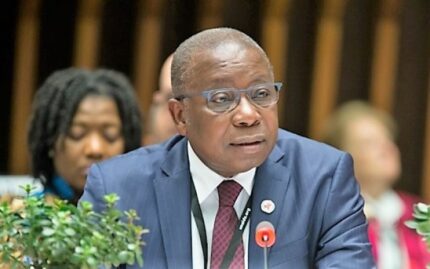The Ghanaian government’s recent initiative to subsidize dialysis treatments has come under fire, with critics dismissing it as a political gimmick lacking in sustainability. The subsidies, aimed at easing the financial burden on patients with kidney disease, are viewed by many experts and stakeholders as a short-term solution rather than a viable, long-term strategy.
Introduced earlier this year, the subsidy program was heralded as a significant step towards making essential healthcare services more accessible. The government pledged to cover a substantial portion of the costs associated with dialysis, which can be prohibitively expensive for many Ghanaians.
“While the subsidy provides immediate relief for patients, its longevity is questionable,” said Dr. Kwame Mensah, a nephrologist at Korle Bu Teaching Hospital. “Without a sustainable funding plan, there’s a risk that the program could collapse, leaving patients in a dire situation.”
Concerns about the program’s sustainability stem from its dependence on government funding, which is vulnerable to the country’s economic fluctuations and budgetary pressures. Ghana’s economy, which has faced challenges such as fluctuating commodity prices and increasing public debt, may struggle to support the ongoing costs of the subsidy.
“This appears to be more of a political strategy than a sustainable healthcare initiative,” said Kofi Badu, an economic analyst. “The lack of a clear, long-term financing mechanism makes the subsidies susceptible to economic downturns and changing political priorities.”
In addition to financial concerns, the implementation of the subsidy program has encountered logistical hurdles. Delays in the disbursement of funds and inconsistencies in service provision have been reported, particularly affecting patients in remote areas. These issues highlight the need for a more robust healthcare infrastructure and efficient delivery systems.
“The current subsidy model does not address the deeper issues within our healthcare system,” noted Ama Serwaa, a healthcare policy advocate. “We need a comprehensive approach that includes investment in healthcare infrastructure, training for medical staff, and the establishment of additional dialysis centres throughout the country.”
The controversy surrounding the dialysis subsidy program arises amidst broader scrutiny of Ghana’s healthcare system. The COVID-19 pandemic has exposed significant weaknesses, leading to calls for extensive reforms and greater investment in healthcare services.
As the debate over the dialysis subsidies unfolds, patients and their families find themselves in a precarious position—benefiting from the current support but uncertain about its future. The government, meanwhile, must demonstrate that its commitment to affordable healthcare extends beyond temporary political manoeuvres.
“We urge the government to develop a sustainable plan for dialysis subsidies,” Dr. Mensah added. “This should involve partnerships with private sector stakeholders and international donors, alongside policies that ensure continuous funding and efficient service delivery.”
